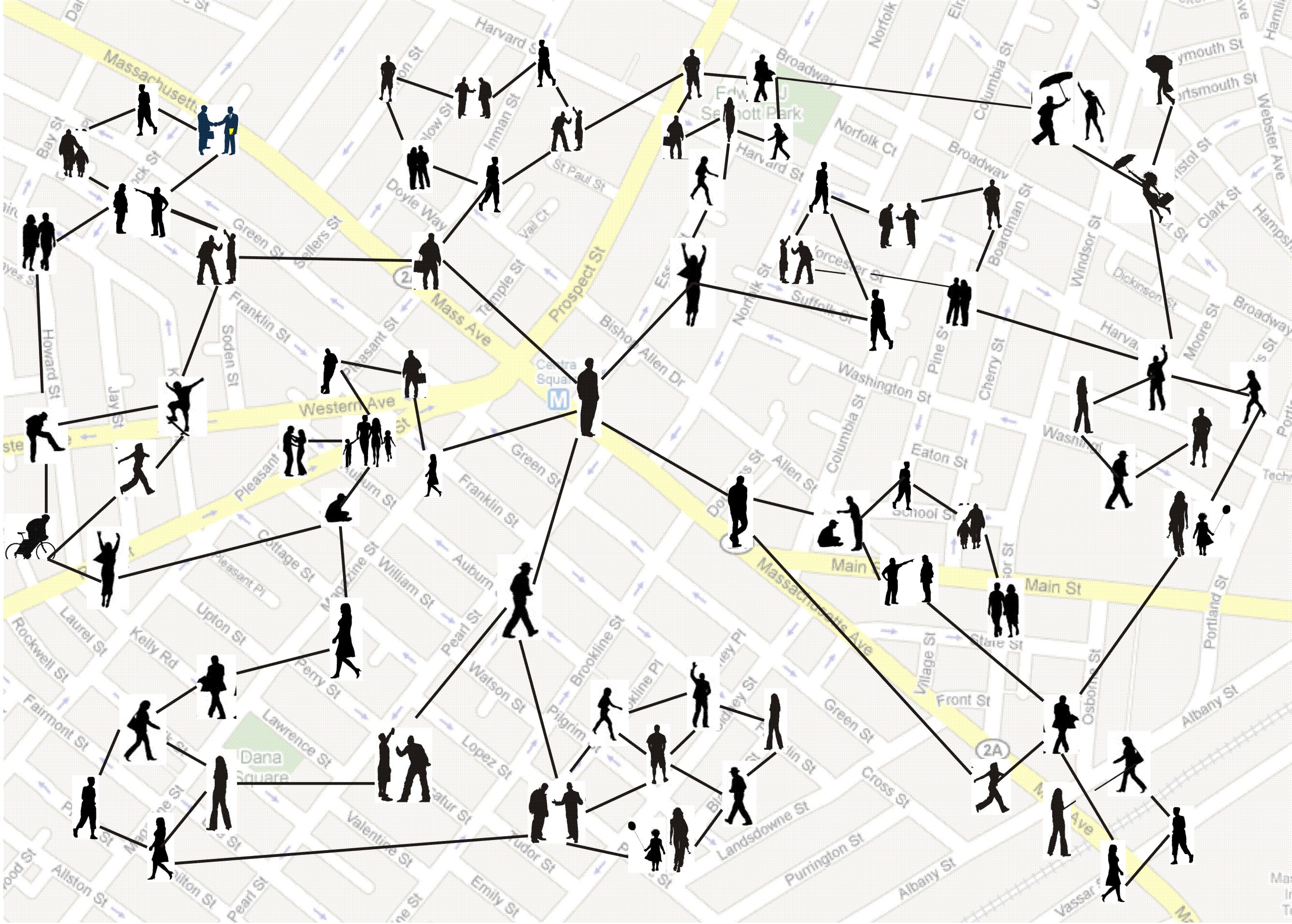Connected Strangers: Manipulating Social Perceptions to Study Trust.
How can we leverage the uncertainty of interactions between strangers to motivate trust?
Economic views of trust, grounded in repeated game theory and behavioral economics experiments, largely ignore social factors such as personal relationships between subjects. In this study, we designed a new experimental procedure, the “Social Lending Game”, in which aspects of trust are measured as a function of differing social contexts. The procedure harnesses real-world social relationships while keeping subjects’ identities confidential. We developed relationship mining methods that categorize social connections into trustful ties, distrustful ties, and neutral ties. Subjects in the Social Lending Game were led to believe they were paired up with a stranger with real social connections to them. The perceived social connections were systematically manipulated to different types and strengths of social ties to measure the effect of social perception on trusting behavior. Surprisingly, we found that people trust strangers as much as they trust a friend’s friend. In contrast, people distrust strangers when they are told that there exists no social connection to the strangers. These methods and results point to a number of future research topics that leverage social networks to reinvestigate utility theory, trust-based decisions and risk-taking behaviors in social contexts.
Thesis (S.M.) by Pao, Sheng-Ying — Massachusetts Institute of Technology, 2010.

